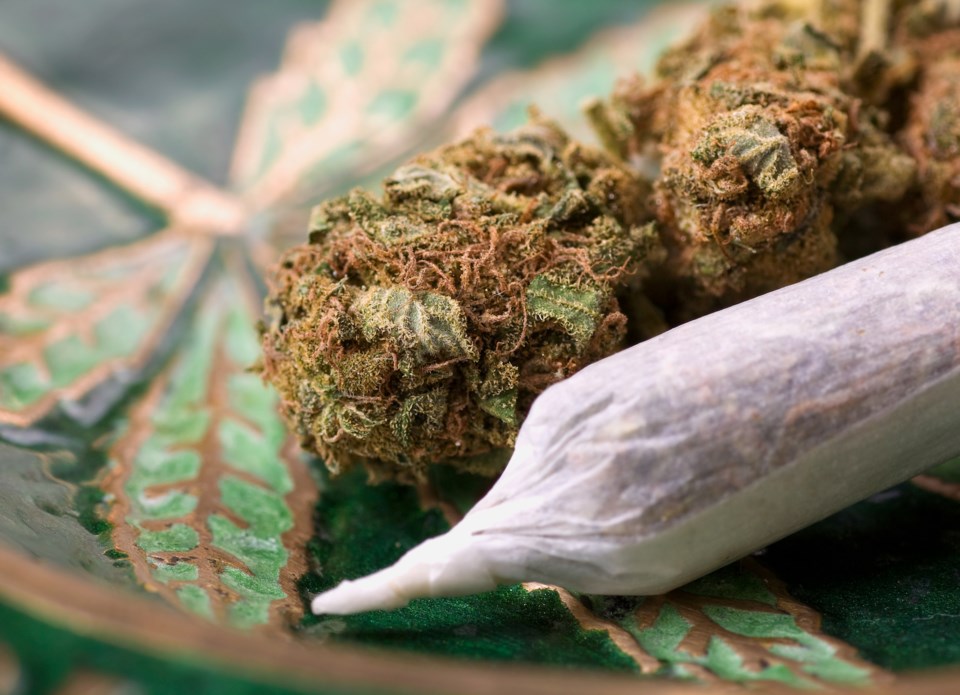A local Health Unit survey of almost 3,000 people shows that one-third of them had used cannabis in the past year.
That’s higher than a national survey that showed approximately 15 to 22 per cent used cannabis in the last year.
That was one of the findings of the anonymous Wellington-Dufferin-Guelph Cannabis Survey conducted last summer.
The report will be presented at the Jan. 11 meeting of the Health Unit’s board.
Other findings included:
-
Among respondents who reported that they have not used cannabis in the past year, over half of them reported they are not likely to try cannabis once it is legal in Canada.
-
Most respondents believed that cannabis use was beneficial, socially acceptable, and it would be easy for them to access cannabis in the next 24 hours.
-
The survey identified various knowledge gaps around cannabis use and its related harms. People who had used cannabis in the past year were less likely to know about the health effects of cannabis compared to people who had not used cannabis in the past year.
Complete survey results can be found here.
The survey was done in anticipation of April 1, when legal cannabis retail stores will be allowed by the province.
“These legal changes will likely have impacts on cannabis use patterns in Canada. Public health evidence from alcohol and tobacco shows that increased access to a substance tends to result in greater consumption and harms,” the Health Unit report says.
“To assess and monitor the impact that legalization has in Canada, it is important to collect information on the frequency of cannabis use and changes in behaviour over time.”
The information will serve as a baseline to compare with surveys conducted in the future, to assess the impacts of the legalization on cannabis use patterns.
“Additionally, the information can be used by WDGPH and community partners to guide the development of educational resources and interventions to address the potential impacts of cannabis legalization,” the report states.
The survey was done by 2,776 individuals 16 and older between June 7 and July 8 of 2018. Of those responding, 70 per cent were female.
Respondents were recruited using online and print advertising, and the survey was promoted through local media.
